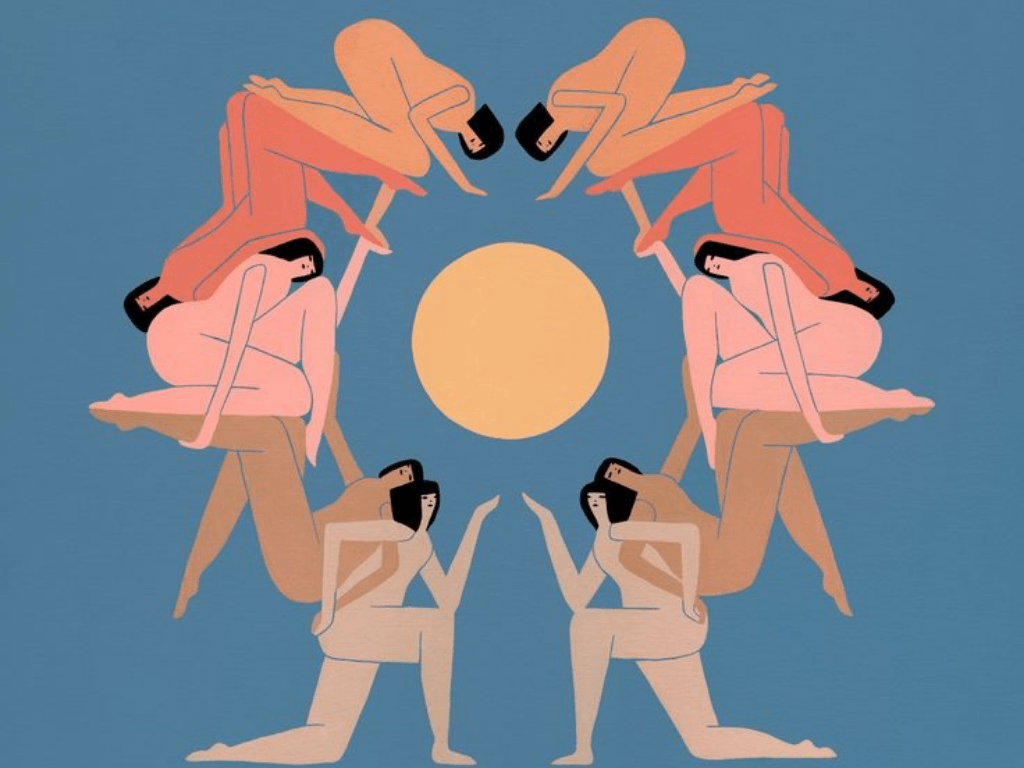Sex Positivity – The Side That Is Not So Positive
The sex positivity movement is a broad-based notion that argues against repression of sexual desires, something that most marginalized people are used to. It demands expressions of sexual pleasure, and views it as political liberation. It looks like critiquing the oppressive nature of dynamics portrayed in porn or recognizing the different types of sex that have lopsided dynamics. It engages with conversations to reclaim terms like ‘slut’ and advocacy for sexual rights of sex workers. This article will discuss the nature of these inquiries and how a heterosexual lens dominates the way we view this path to sexual liberation.
Ableist and Heterosexual Lens
Like all systems influenced by societal norms, and expectations, the sex positivity movement works with the underlying assumption that sex at all times is pleasurable, or in simpler terms, something that people desire. However, the terminology used by the people within the movement proves exclusionary for multiple communities like trans people, asexual people, and to anyone who cannot uphold the expectations that the movement consequently creates.
The assumption that the sex positivity movement implies sex positive experiences misrepresents a large section of people. This looks like putting a blanket on what progress within the sex positivity movement looks like for everyone. For instance, sex positive feminists fought for the normalization of hookup culture for people who have been shamed for being expressive about their sexuality. However, it puts unnecessary expectations on them to be okay with anything and everything since that becomes the only path to becoming independent and autonomous about their bodies.
What makes matters worse is the way we construct these narratives is largely based on the society’s ideal of a heterosexual and able-bodied relationship. For people who do not fall under these categories no longer identify with the movement or what it works for. The underlying fact that most sex positive feminists ignore is that sex positivity does not promote only pleasurable sex, it acknowledges that exploration, consent, and preferences are contingent on a person’s individual experiences.
Sex and Law
Another layer where this occurs is law and policies. The social norms about what is right/wrong and good/bad percolates to the nature of policies made. From the lack of regulatory laws preventing exploitation against women to the ambiguous definitions of what qualifies as marital rape, the disproportionality in the application of these policies invalidates the experiences of women, trans people, and mentally or physically disabled people.
The consequence of policies like these on creation of narratives is that it reduces sex as just a reproductive activity and the utility of a woman to her ability to give birth. Not only does this take away the point of a sex positivity and acknowledging people owning up to their pleasure despite the taboo, it also sets a dangerous precedence for how the society targets the most disadvantaged the most disproportionately.
On a more micro level, the way schools formulate their curriculums on sex education is also a very important source of construction of children’s thoughts on sex. The curriculums limit the utility and scope of sex to its reproductive function, not moving beyond to the ways in which sex positive behaviour impacts self esteem, interpersonal interactions and more.
Conclusion
Finally, sex positivity movement despite being a part of the feminist movement and advocating for equal value given to whatever a person finds the most comfortable for themselves has had its fair share of misconceptions and criticisms. As long as we do not acknowledge the biased
perspective with which we view sex, there’s little hope for evolution within the movement to incorporate different perspectives and acknowledge that all of us to some degree are contributing to the exclusionary nature of the movement due to our own individual socializations.
Author




